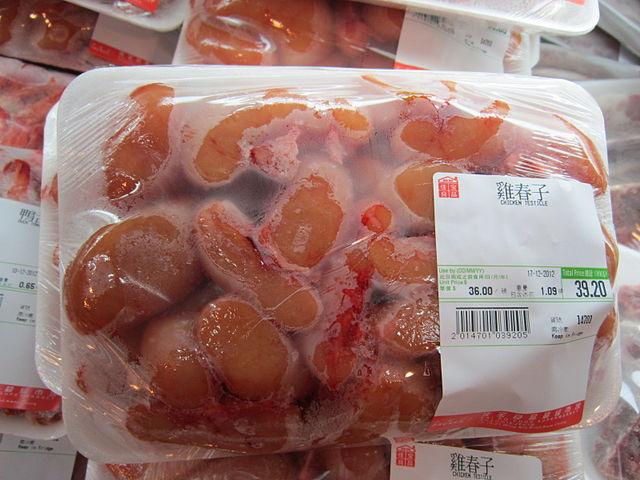Since the Coronavirus outbreak began in late December in Wuhan, China, and later categorized as a pandemic in March, scientists have revealed different modes of transmission. But food and food packaging have been considered safe and an unlikely source of transmission.
However, after China found a few frozen meat imports from Brazil COVID-19 positive, the fears have grown. Even authorities in New Zealand are not ruling out the possibility of infected food packaging that might have ended the country's streak of zero Coronavirus cases.
NZ Investigating Frozen Food
After 102 days without a new patient, New Zealand reported four COVID-19 positive cases on August 11. None of them had travel history. While it was initially thought that the infection came from someone who breached quarantine protocol and strict border control measures, it was soon found that one of the patients handled imported food products at a frozen food facility.

New Zealand authorities are conducting tests on surfaces of food packages at a storage facility, run by U.S.-based Americold. Six of its employees and their family members have tested positive since Tuesday. Hence, authorities could not rule out the possibility of infected food packages immediately, especially after China halted meat imports from Brazil and Argentina following similar concerns.
"We're not ruling anything out. We do know from studies overseas that actually, the virus can survive in some refrigerated environments for quite some time," Ashley Bloomfield, New Zealand's Director-General of Health, said on Wednesday, August 12.
China Raises Concerns
The first concerns related to COVID-19 contamination surfaced when Chinese authorities claimed that many food imports had tested positive and were responsible for the outbreak in Beijing in June 2020.
Recently, Shenzhen city authorities have also cautioned consumers regarding the possibility of contracting the virus from food packaging while Yantai (Shandong) too has issued directives. As per the authorities, three packages with frozen seafood tested positive.

Should You Be Worried?
These findings bring the question: Should you be worried? The question doesn't have a simple answer. There is evidence that the virus can survive on plastic surfaces such as containers up to two to three days and when it is frozen, it can survive in sub-zero temperatures longer.
Dale Fisher, a Singapore-Based Disease Expert and Chair of the Global Outbreak Alert and Response Network Coordinated by the WHO, said, "If we want to store virus, we freeze it. We normally talk about less than a week, but we know that the colder it is, the longer it will last."
As for food items, there is not enough evidence to suggest how long it can survive. The novel Coronavirus or SARS-CoV-2 that causes COVID-19 cannot replicate in dead animals as it needs live animals or humans to survive.
However, there is confusion. Although a study, done in 2004, could not find the SARS (Severe Acute Respiratory Syndrome) virus replicating in poultry, another research in 2005 claimed that a number of birds had been infected with a different strain of Coronavirus, not the new one.
Combine that with a virus being frozen to store and its survival potential on surfaces, it can suggest that you can get COVID-19 from packaged food. But there is still not enough evidence to say that you can as per the WHO stand. In addition, a number of chemicals that are used in food processing such as ethanol can kill the virus as well as the heat involved in cooking.
WHO and the Chinese health authorities have also advised against consuming raw packaged food like salmon. But for now, the WHO will continue to explore the findings. "It's important that we don't discount scientific evidence. We will continue to track the findings but as of now, there no evidence that food can transmit the virus," said Dr Michael Ryan, WHO's Executive Director, Health Emergencies Program.









